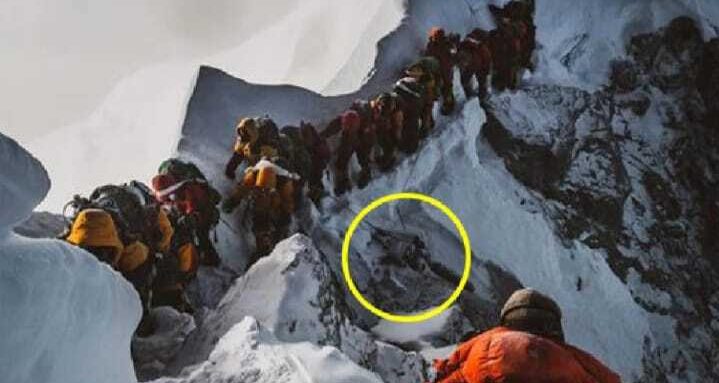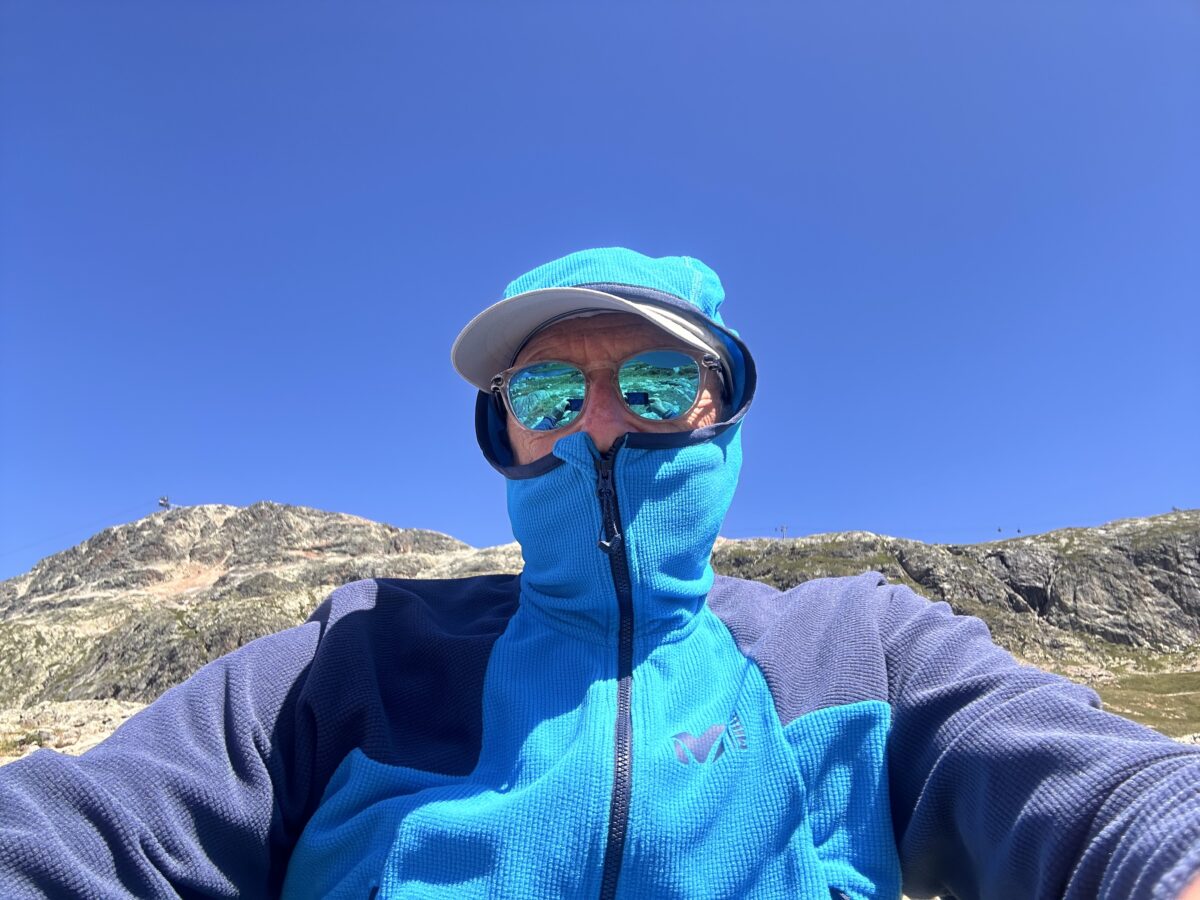
I Will try to explain the phenomenon where people might react with indifference or lack of emotion when faced with death or danger at high altitudes, such as on a mountain.
When climbers are at high altitudes, they are often exposed to extreme cold, lower levels of oxygen, and physical exhaustion. All of these factors can contribute to a reduced emotional response.
- Low Oxygen Levels: At higher altitudes, the air becomes thin, and there’s less oxygen available. This can lead to hypoxia, where the body doesn’t receive enough oxygen to function properly. The brain is especially sensitive to hypoxia, and it can lead to impaired judgment, lack of emotion, or inappropriate emotional responses.
- Extreme Cold and Physical Exhaustion: Climbing a mountain is a physically demanding task, and the extreme cold adds another layer of challenge. The body’s energy may be so focused on maintaining core temperature and muscle function that there might not be enough energy left for processing emotions. A climber may become numb to feelings and be focused solely on survival.
- Psychological Factors: Climbers may be well aware of the risks involved in their endeavor. A certain level of detachment or indifference towards danger and death might be a coping mechanism, allowing them to continue in spite of the risks. This might be especially true for experienced climbers who have faced these risks multiple times.
- Group Dynamics: In a climbing expedition, there may be an unspoken expectation or pressure to suppress emotions to maintain group morale or focus. Showing strong emotional reactions might be seen as a sign of weakness or a potential distraction.
- Spiritual or Philosophical Beliefs: Some climbers might possess a set of beliefs or a philosophical stance that causes them to view death or danger in a particular light, leading to a seemingly indifferent attitude.

In summary, the indifference that some may display in the face of danger or death on a high mountain is likely a complex reaction involving physiological, psychological, and social factors. It’s not necessarily a lack of care or concern but could be a combination of survival mechanisms and individual beliefs or experiences.

